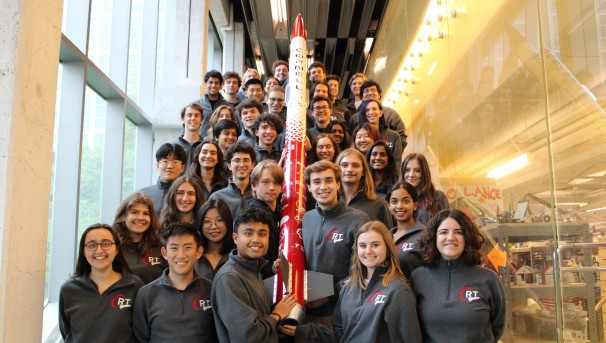Cornell Rocketry Team
The Mission:
Cornell Rocketry Team designs, manufactures, and tests a high-powered rocket every year for competition in the Spaceport America Cup. We travel to Las Cruces, New Mexico to compete against 150 other collegiate teams from 22 different countries. The primary goal at the competition is to launch the rocket to exactly 10,000 feet using our Student Research and Developed (SRAD) solid rocket motor. Every year, our rocket carries with it a unique scientific payload that leverages the high altitude or high acceleration environment onboard the rocket. The team designs and manufactures almost every part of the rocket in-house, making use of a variety of lab spaces on campus. While competition is the major goal for the team, our primary focus is to provide all of our members with the opportunity to learn and grow as engineers with hands-on experiences.
This June, we achieved 2nd place overall and 1st place in the SRAD category at the Spaceport America Cup.
The Team:
Our team is made up of 47 members, all with a passion for space and engineering. The team is organized into five different subteams, each of which plays a critical role in making the rocket fly.
Propulsion:
The propulsion subteam is responsible for designing and manufacturing the motor that lifts the rocket to our target altitude. Our biggest challenge is ensuring that the motor stays in one piece while accelerating the red-hot combustion gases out of the nozzle to over 5,000 miles per hour. We manufacture everything in-house, from the nozzle to the casing to the propellant itself.
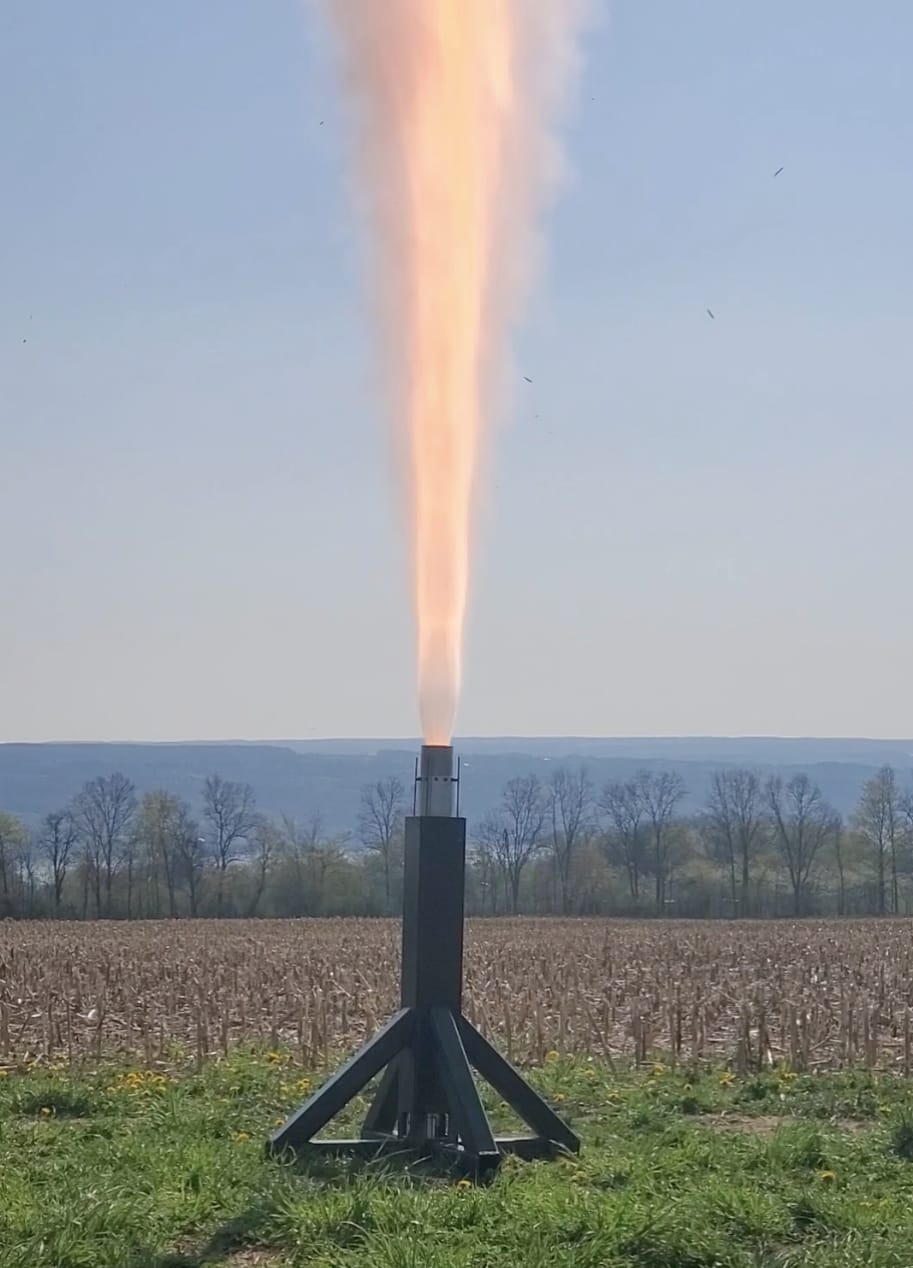
Static Fire Test of our Rocket Motor
Structures:
The Structures subteam focuses on the designing and manufacturing of structural components within the launch vehicle, integration of systems, and the overall body of the vehicle itself. We see all projects through from ideation to fabrication with machining with metals and working with composite materials such as fiberglass and carbon fiber. Our team also uses simulations to do analysis work on aspects such as drag, internal stresses of the launch vehicle, and stability calculations to ensure the best performance possible for the rocket.
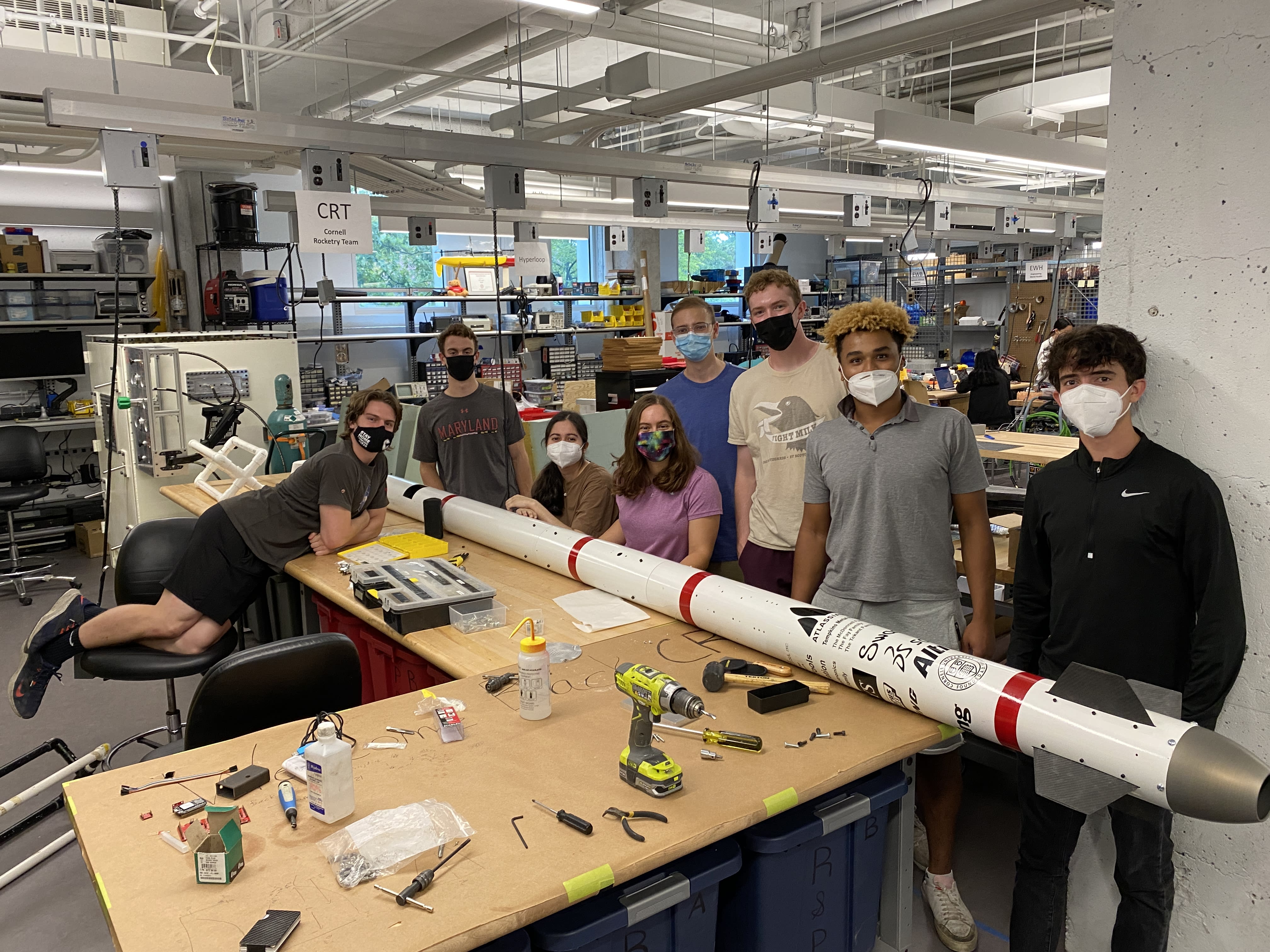
Recovery and Payload:
The Recovery and Payload subteam designs parachute systems that autonomously navigate the rocket to the ground. Our autonomous recovery systems incorporate sensors, flight computers, steering mechanisms, and, of course, guided parachutes. We also design the rocket’s payload: an original engineering project that we choose each year. In essence, we think of something cool that we want to put on a rocket, and we do just that.
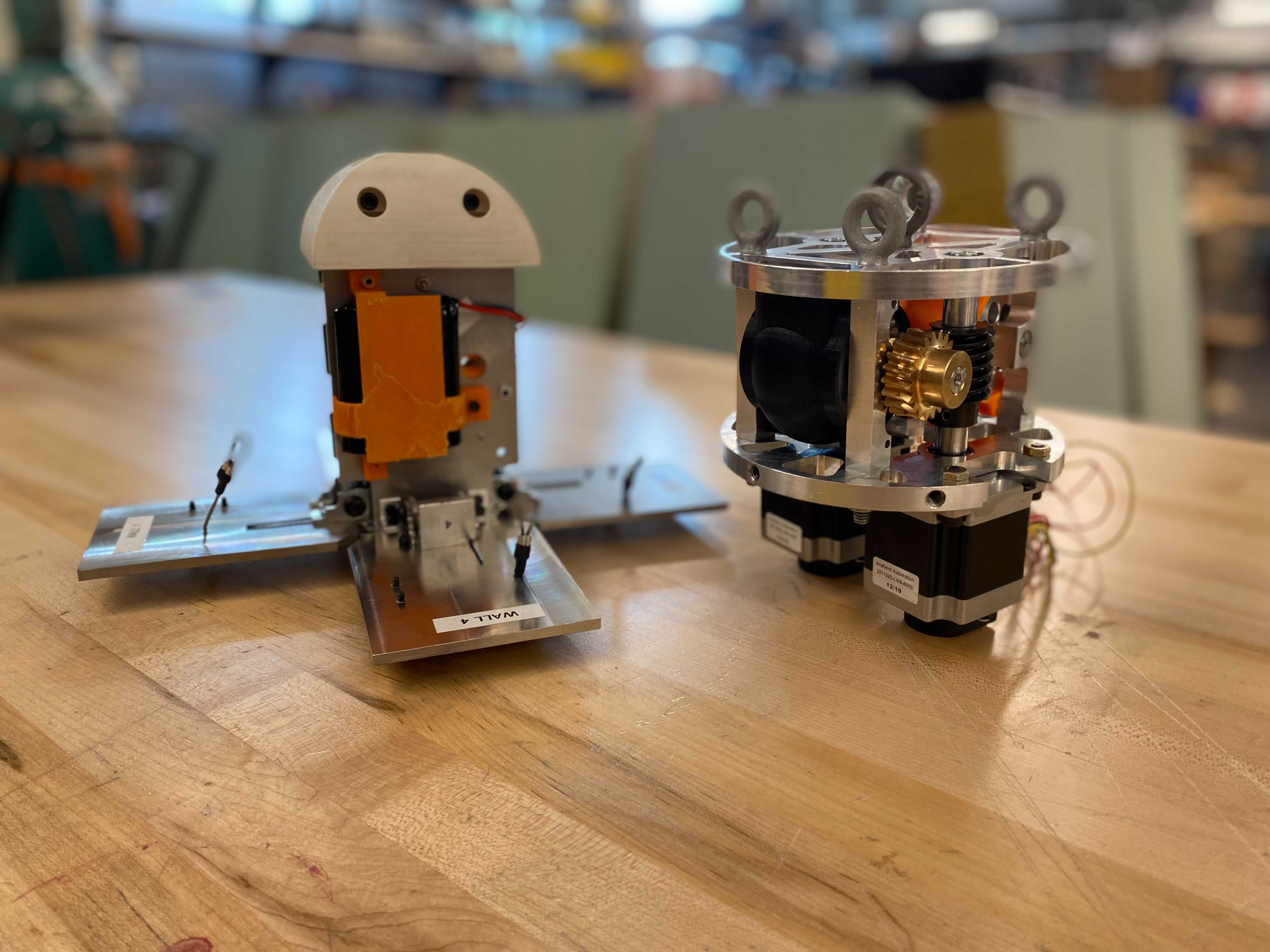
Electrical and Software:
The Electrical and Embedded Software subteams are jointly responsible for the electronics within the rocket that handle various operations including data storage, acquisition, communications (both internally and with ground control), and event triggering for other systems. The Electrical subteam primarily handles the overall design and implementation of the hardware within the rocket, whereas the Embedded Software subteam is responsible for the code on the chips located on the boards that control the functionality of the board. These subteams work very intimately, as well as often interface with other systems and subteams. This year, we are focused on implementing designs developed previously, and are very excited to be able to launch again!
Business:
The Business Subteam conducts all of the activities that allow the team to run smoothly and effectively. Some of the main focuses of this subteam are website development, advertisement, alumni and sponsorship outreach, merchandising, and social media. This year, the business subteam is focusing on organizing team social events and activities.
Thank you for your support!
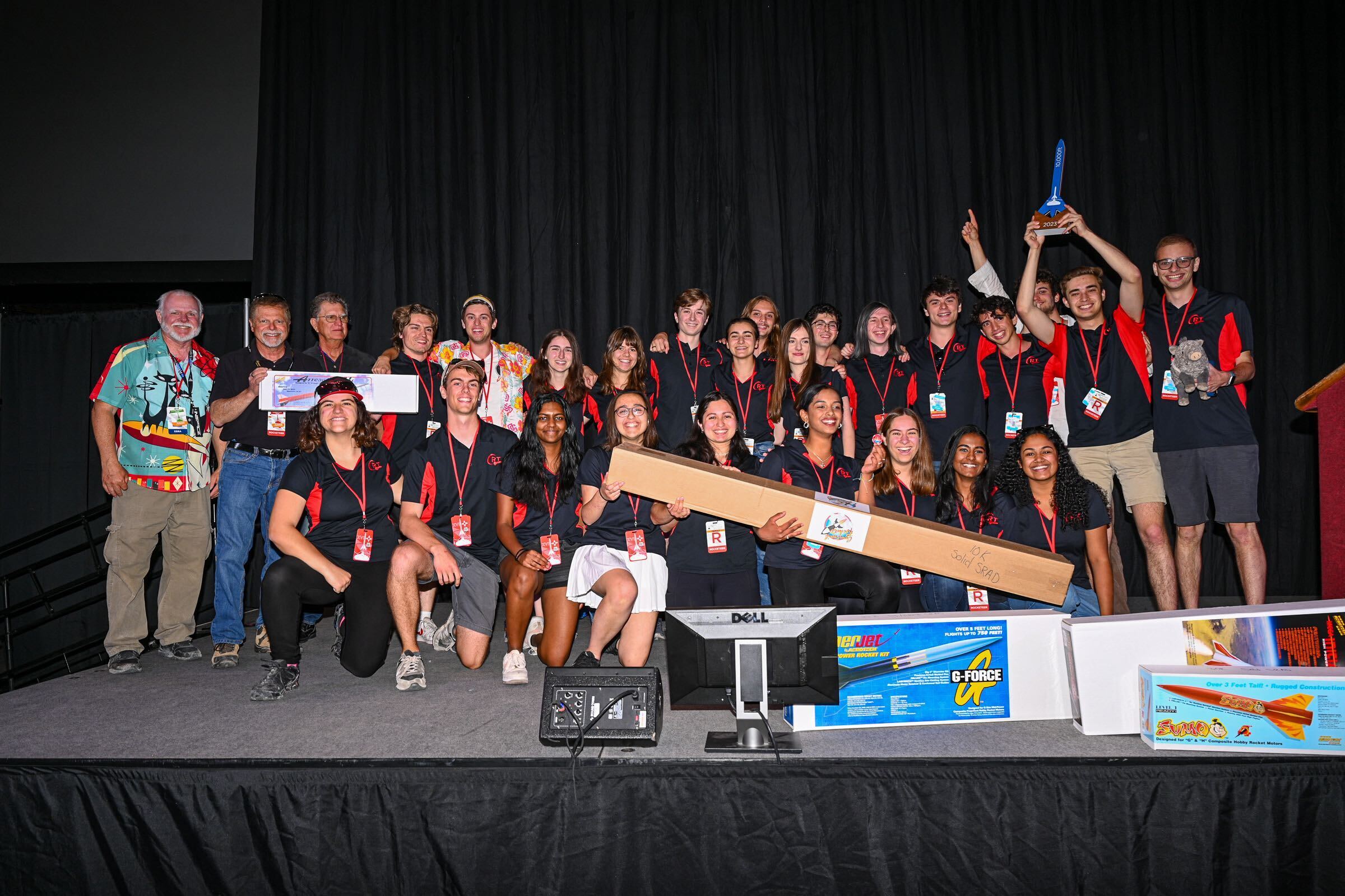
$25
Bulkhead
A $25 contribution pays for a piece of aluminum stock, from which we machine our custom bulkheads.
$100
Nozzle
A $100 contribution pays for one of our graphite nozzle inserts for our solid rocket motor
$250
Airframe
A $250 contribution pays for a fiberglass tube from which we make our airframe
$500
Propellant
A $500 contribution pays for the propellant needed for one firing of our solid rocket motor
$1,000
Plane Tickets
A $1000 contribution pays for 2 plane tickets to get our members to competition in New Mexico

